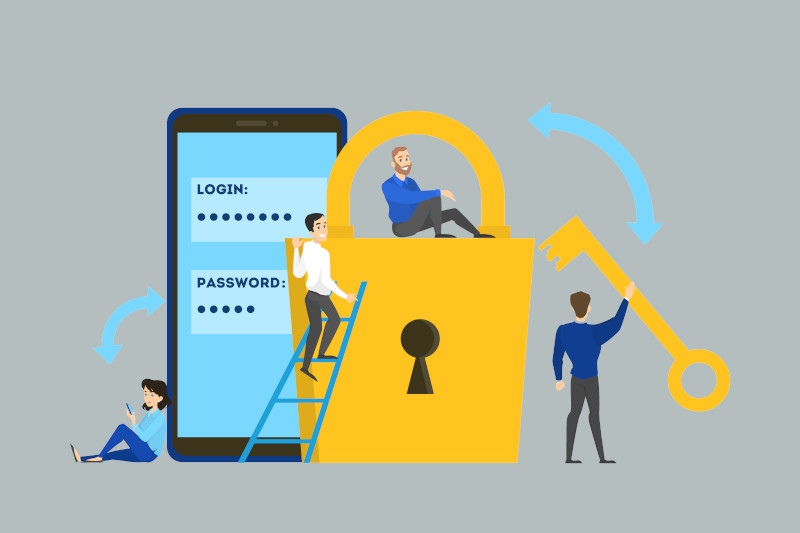Choosing a strong password is crucial for securing your WordPress website and protecting it from unauthorized access. A weak or easily guessable password can make it easier for hackers to gain control of your site through brute force attacks, where they try combinations of usernames and passwords, often using automated means, in order to gain access. These types of attacks can allow hackers to take control of your site, steal sensitive data, or even use it to launch further attacks. In this post, we’ll discuss the importance of choosing a strong password for WordPress and provide some tips on how to create one.
Why is a Strong Password Important?
A strong password acts as the first line of defense against unauthorized access to your WordPress site. A hacker who gains access to your website can do serious damage, including:
- Stealing sensitive information such as customer data, financial information, and personal details
- Installing malware or other harmful software that can further compromise your site and its visitors
- Defacing your website or using it to host illegal content
- Redirecting traffic from your site to malicious websites
- Using your website to send SPAM
By choosing a strong password, you make it much more difficult for hackers to gain access to your site, reducing the risk of these types of attacks.
Tips for Creating a Strong Password
Here are some tips for creating a strong password that is hard for hackers to guess:
- Use a combination of letters, numbers, and special characters. A password that includes a mix of different types of characters is harder to guess than one that only uses letters or numbers.
- Make your password at least 12 characters long. Longer passwords are harder to crack than shorter ones.
- Avoid using personal information such as your name, birthdate, or common words. Hackers can use tools to guess passwords based on personal information, so it’s best to avoid using this type of information in your password.
- Use a unique password for each account. Using the same password for multiple accounts increases the risk that if one account is compromised, all of your accounts will be at risk.
- Consider using a password manager, such as KeePassXC. Password managers can generate and store strong passwords for you, making it easier to create and manage complex passwords.
- Enable two-factor authentication (2FA) on your WordPress site. 2FA adds an extra layer of security by requiring a second form of verification in addition to your password.
- Regularly update your password. It’s a good idea to change your password every few months to reduce the risk of it being compromised.
Conclusion
Choosing a strong password is an important step in securing your WordPress site. By following the tips outlined in this post, you can help ensure the security of your WordPress site and better protect it from potential threats.

